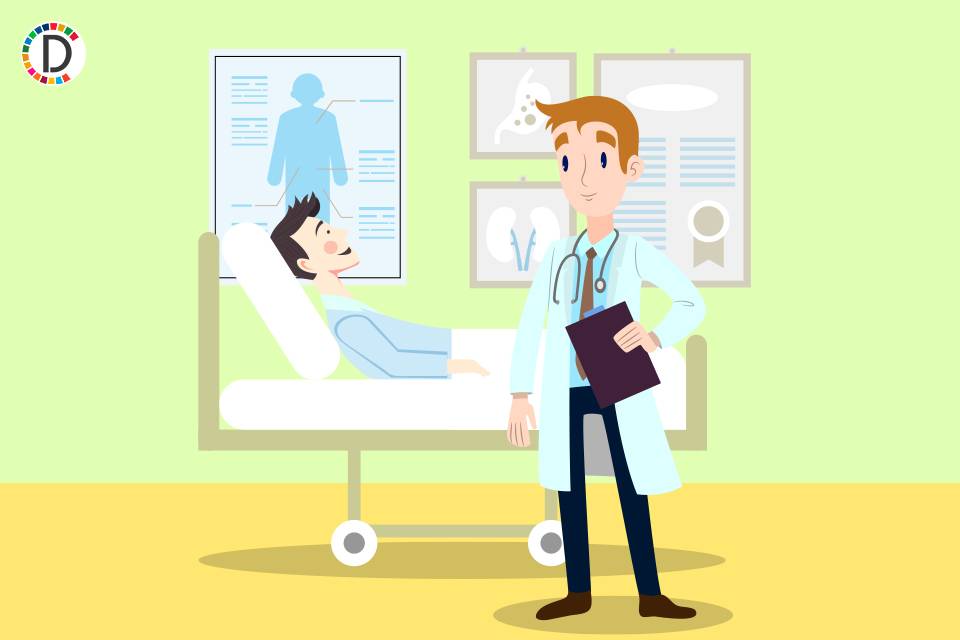New York's Cuomo sees coronavirus crisis slowing despite record daily death toll

Even as doctors and nurses struggled to save an onslaught of gravely ill coronavirus patients, the number of new COVID-19 hospitalizations appeared to be leveling off in New York state, the U.S. epicenter of the pandemic, Governor Andrew Cuomo said on Tuesday.
Both New York and the neighboring state of New Jersey reported their single-highest daily loss of life from COVID-19, the highly contagious respiratory disease caused by the virus - a staggering 731 fatalities in Cuomo's state alone. New York's cumulative death toll of 5,489 accounts for nearly half of some 12,500 coronavirus fatalities reported nationwide to date.
The United States has recorded more than 390,000 known infections, well over a third of those in New York state alone. But Cuomo said the rising tallies of deaths, while ominous, were a "lagging indicator" of case outcomes occurring days or weeks after the onset of infections.
He pointed instead to slowing rates of coronavirus hospitalizations, intensive care admissions and ventilator intubations as preliminary signs that social distancing measures imposed last month were working to blunt the outbreak. New Jersey Governor Phil Murphy, whose state saw coronavirus deaths jump by 232 to a total of 1,232 in 24 hours, sounded a similar note of cautious optimism, but added, "We know we're not out of the woods yet, we're not close to that."
The messages from political leaders in some coronavirus hot spots around the country seemed calibrated to convey a sense of hope while urging the public to strictly abide by stay-at-home orders imposed by governors of 42 states. "Let's not get complacent," Cuomo told a news conference. "Social distancing is working. ... That's why you see those numbers coming down."
Across the country, California Governor Gavin Newsom said the infection curve in his state - the first to impose stay-at-home orders - was "bending but it's also stretching," with the virus outbreak there expected to peak in mid- to late May. "The curve continues to rise, but now it is slower," he told a news briefing.
BETTER NUMBERS In another glimmer of good news, the U.S. surgeon general, Jerome Adams, said on Tuesday the pandemic may end up killing fewer Americans than the range of 100,000 to 240,000 projected earlier by the U.S. Centers for Disease Control and Prevention.
The latest research model from the University of Washington - one of several cited by leading health authorities - has forecast U.S. coronavirus deaths totaling fewer than 82,00 by Aug. 4. Adams, who is black, acknowledged early data showing African Americans were more likely to die from COVID-19, highlighting longstanding disparities in health and inequalities in access to medical care.
Public health steps to curb the pandemic have hammered the U.S. economy, with many businesses closing or scaling back while unemployment soars. Nearly 95% of Americans are under statewide directives to remain indoors except for essential activities. Eight of the 50 states - Arkansas, Iowa, Nebraska, North Dakota, Oklahoma, South Dakota, Utah and Wyoming - have yet to impose such orders.
Cuomo said it was time to start planning for the eventual restarting of the economy and spoke with the governors of New Jersey and Connecticut about it, but added it was still too soon to relax social distancing measures. A day after President Donald Trump said the economy would be able to reopen "sooner than people think," Murphy moved to clamp down further, saying he would order all state and county parks closed in New Jersey.
"We have seen far too many instances where people are gathering in groups in our parks erroneously thinking that since they're outside social distancing doesn't matter," Murphy said. New York City Mayor Bill de Blasio, whose city is the focal point of the state's outbreak, said it was too early to declare that a corner had been turned but cited some encouraging developments.
"The number of people showing up in our hospitals who need a ventilator - that situation has improved a bit in recent days," he said. Chicago Mayor Lori Lightfoot told a news briefing that the third most-populous U.S. city had gone from coronavirus cases doubling every one to two days to doubling every nine to 10 days.
"It's obviously progress," Lightfoot said. "But we are not near the peak so I don't want to raise false expectations that it's coming sometime soon based on the modeling that we have seen."
(This story has not been edited by Devdiscourse staff and is auto-generated from a syndicated feed.)
ALSO READ
US man executed for killing Indian national and another person in Oklahoma in 2002
Biden wins Wyoming's caucuses, with Democrats in Alaska still to get their say in the nomination
Joe Biden wins the Democratic presidential caucuses in Wyoming, reports AP.
NHL-League approves Coyotes sale and new franchise in Utah
NHL-League approves Coyotes sale and relocation to Utah










